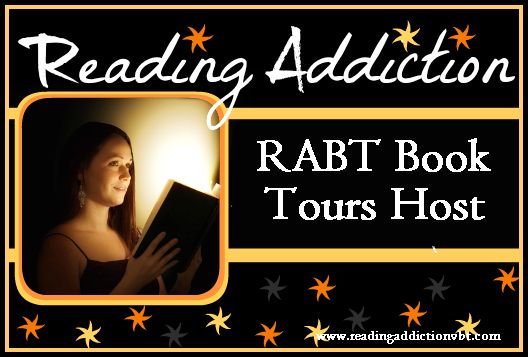
 Title: Pope Joan
Title: Pope Joan
Author: Donna Woolfolk Cross
Genre: Fiction- Historical
Pope Joan (John) is a figure of religious and historical controversy, most notably since Jan Hus used her supposed tenure as pope to delegitimize the succession of popes to his time. In context, this was the beginning of the Protestant Reformations, and Hus was himself one of the early reformers, dying almost 100 years before Martin Luther wrote his 95 Theses. Before Hus, Pope Joan lived in legend and in a scattering of chronicles of the 13th century, which, by virtue of the separation of four hundred years, makes these poor sources for facts of the 9th century. And any careful historian knows to take with a grain of salt the stories told in myth and legend because unless we can accurately pinpoint their origin, it is arbitrary and often false to assume without careful examination (after all, conclusion needs to come from somewhere) of a multitude of trustworthy sources.
There is a lot to the argument that Pope Joan has been removed from the historical record by her predecessors who felt her short-lived time on the throne of St. Peter, in typical misogynist fashion, was a smear on the history of the church. God knows (no pun intended) that there have been plenty of such things attempted in the past, though historians are fortunate to have sources other than official church records to flesh out the past. Unfortunately, with Pope Joan, all we have are later accounts, four hundred years or later. Can we trust the words of people who did not witness the event? Can we trust a footnote added to a papal record that has been dated to almost eight hundred years later?
Can we assume that later church historians moved the death of Leo IV forward by two years to leave no gaps between him and his successor (Benedict III) Again, a no, then a pause with a maybe, and then another no. Because we do have letters written, scant and few, that speak of the direct succession of Benedict III after Leo IV, and I doubt these simple letters were written in an attempt to further a conspiracy since they would have had no reason to (it was a simple petition matter).
Because we fact based as we like to insist we are, we do know that everything originates somewhere. Often times, this is in legend or in an oral history, which is part of the transmission of history and legend. So simply put: did Pope Joan really live? The answer is, no one knows and with the material in place, no one can legitimately say she did. Yet, no one can legitimately say that she did not.
But let us get on to the meat of the book.
Pope Joan is a book of historical fiction situated in real life historical events. Many of the characters did, in fact exist, and many of the events that take place did, in fact, happen. I always love reading historical fiction that is well grounded in historical fact because it makes the story come alive in a way that I can, at least for that moment, pretend that the events are real. It is impossible for Cross to know anything about Joan's life, sadly, so much of it is made up. Yet Cross clearly did her research because she is able to capture the time, in spirit and in culture, very nicely. One of the problems with historical writers is that they want to prove they are scholars and overwhelm the reader with historical fact. Cross, thankfully, knows where to stop. If anything, the book wonderfully captures contemporary ideas about women, the female body, and women's place not only in the world, but also in heaven. Feminist historians and people interested in women's history should read this book to understand the woman in the Medieval world.
The story follows the life of Joan, first as a young and intelligent girl whose education is stunted by a father who sees no value in teaching a girl. Culture, custom, and even religious belief rejected the education of the female. It was a tough uphill battle for little Joan who overcomes the patriarchal world that she lived in to first become a monk, using the name of her dead brother, then a friend and friend and physician to the Pope, and then finally becoming Pope herself. There is, of course, also a love story, which is as far as I know an invention entirely of Cross. Though there is some precedent for the romance since even in the legends of Joan, she supposedly was discovered to be a woman when she gave birth.
However, one thing I wish, and this is just a personal preference, is that there was not so much untranslated Latin. Your average reader isn't going to know what is being said, and even if they were to Google translate the phrase, it isn't likely to be accurate enough to help understanding. This is not always important for the plot, of course, but sometimes it would help reader comprehension, especially because sometimes Joan comments on the spoken Latin to emphasize the lack of education epidemic amongst the priesthood, and a reader who does not know Latin will not know the error made. It would just make the novel more accessible to the average reader.
I thoroughly enjoyed the book, and was happy to read that Joan, at least in this version, came to a more noble end than the Joan that has persisted in Medieval and Renaissance myth (some say she was stoned to death, others that she was tied to the back of a horse and drug to her dead). If anything, Pope Joan as a novel will stand next to the other works of fiction and myth that have existed though the ages as yet another great telling of a legend that some people love and other people hate.




















